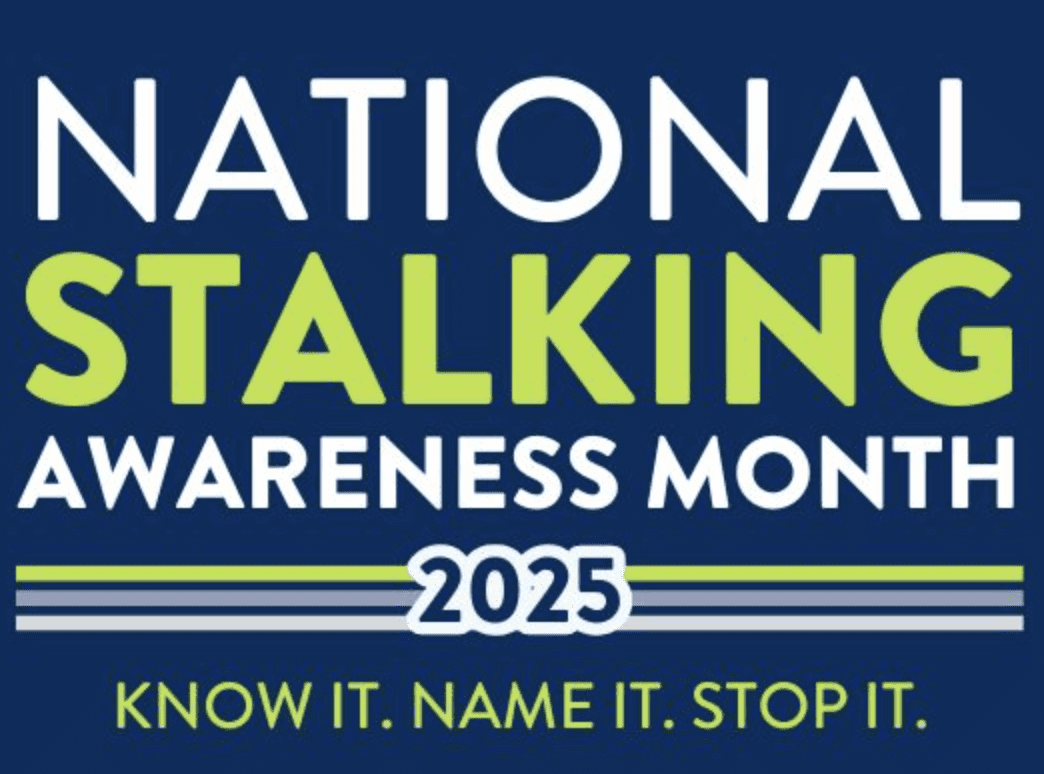By Dr. Gloria Morrow
The holiday season can be the loneliest time of the year, especially during the month of December. Even though the research refutes the notion that the highest rate of suicides occurs in the month of December, many people do experience the Holiday Blues because of the loss of a loved one, exhaustion, separation from family and close friends, feelings of failure due to unmet goals and expectations, significant changes and increased stress. Some may even experience the Holiday Blues because they cannot afford to go Christmas shopping.
This year has been particularly difficult for many people in the African American community because of Hurricanes Katrina and Rita, and the massive loss of life, property, jobs, and familiar surroundings. Therefore, it may be harder for people to handle the stress of such events, especially around the holidays. The war in Iraq has also caused many families to be separated from loved ones either through death or distance at this time of the year. However, our communities have not been sufficiently insulated from violence, unemployment, and the high homeless and poverty rates that make celebrating during the holiday season less feasible. Even the recent execution of Stanley Tookie Williams has cast a negative spin on the true meaning and essence of Christmas. Unfortunately, these tragic realities of the year 2005 may make people more at risk of experiencing the Holiday Blues and more chronic mental health problems, especially if they are already vulnerable.
According to the University of Maryland Medical Center, there are a number of signs and symptoms that signal the presence of the Holiday Blues, such as: headaches, inability to sleep or sleeping too much, changes in appetite causing weight loss or gain, agitation and anxiety, excessive or inappropriate feelings of guilt, diminished ability to think clearly or concentrate, and decreased interest in activities that usually bring pleasure. If these symptoms persist, however, one may be experiencing a depressive disorder.
There are several strategies that may be useful in overcoming the Holiday Blues:
* Acknowledge your pain and do not suffer in silence.
* Connect with a good support system.
* Connect to your spiritual source.
* Forgive yourself and others for the mistakes of the past.
* Do not focus on what went wrong, rather focus on what went right.
* Set realistic goals and expectations for the coming year.
If your life has been shaken up this year, create a new way of celebrating the holidays, but do not forget the real reason for the season. Do something special for yourself that will not cause financial strain, such as take a long hot bubble bath.
Do something for others, such as volunteer time at a shelter, hospital, church, nursing home, or senior center. Be sure to maintain a healthy diet and get sufficient rest and exercise. If symptoms continue to persist, seek the consultation of a professional mental health professional to assist you during this critical time.
Dr. Gloria Morrow is a licensed clinical psychologist (Psy. 18135) in private practice in Upland, California. She is the author of Too Broken to be Fixed? A Spiritual Guide to Inner Healing; Strengthening the Ties that Bind: A Guide to a Healthy Marriage; Keeping it Real! 7 Steps Toward a Healthier You; and Suffer in Silence No More, an educational DVD about depression. Dr. Morrow’s latest book, The Things that Make Men Cry, is scheduled for release in the near future.
Please visit Dr. Morrow’s website at www.gloriamorrow.com or call (909) 985-3773 for additional information.



